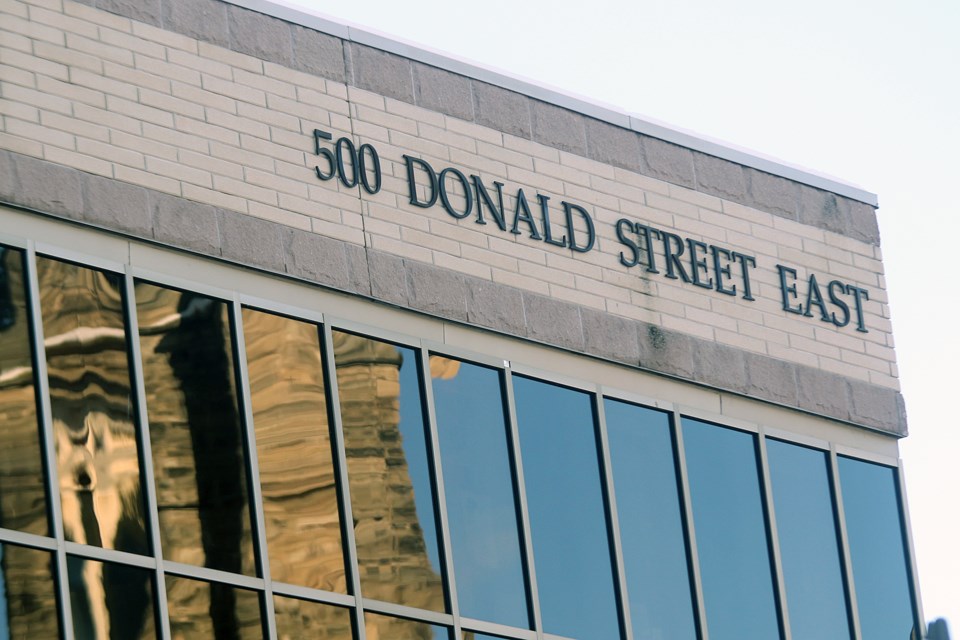THUNDER BAY — The City of Thunder Bay will need to dip into its reserve funds after posting a higher-than-anticipated $5-million deficit in 2022 in tax-supported operations, as well as $1.2 million in COVID-related losses.
In what has become a familiar refrain in recent years, city staff reported that deficit was mostly caused by overruns at the Thunder Bay Police Service, which went $4.2 million over budget.
The city’s roads division was another major factor, going nearly $3 million over budget due to soaring winter control and spring flooding costs.
The city also spent $1.2 million more than budgeted in insurance claims, and reported a number of budget overruns below half a million dollars across other departments.
On the other side of the ledger, staff reported finding $2 million in hiring gap savings, $1.9 million more than anticipated from tax assessment appeals, and nearly a million more than budgeted in investment income.
The $5-million deficit amounts to 1.8 per cent of the city’s roughly $285-million tax-supported budget. The deficit is slightly larger than staff projected last fall.
Rate-supported operations essentially broke even, with losses in solid waste and waterworks offset by a surplus in wastewater.
While it will deepen the municipal government’s financial pain, the $1.2-million COVID-related deficit is a smaller loss than the city expected.
The city reported an overall $4.2-million impact in increased costs and decreased revenues related to COVID-19 in 2022, after budgeting for a $7.1-million impact.
It was able to cover most of that with $3 million in pandemic relief funds that were not spent in previous years, leaving $1.2 million on the city’s books.
The difference was attributed primarily to Thunder Bay Transit, which secured permission to use nearly $2 million in unspent COVID relief funds from prior years in 2022, and city childcare operations, which received additional funding and saved money after eliminating pandemic staff like screeners.
Staff recommend the city pay for those deficits by drawing on a number of financial reserve funds.
That includes pulling $2.5 million from the winter roads reserve, $1.2 million from the insurance reserve, $1.1 million from the stabilization reserve, and smaller amounts from WSIB, legal fees, and building permit reserves to fund the tax-supported deficit.
Staff recommend funding the $4.2-million COVID-related deficit entirely through the stabilization reserve.
Those moves would bring the stabilization reserve, the city’s main rainy-day fund used to cover deficits and cost overruns, down to $9 million from its current $14.3 million.
Staff also reported on the status of the city’s reserve funds as of year-end.
The winter roads reserve has been drawn down to $1.3 million, low enough it would be fully depleted if the city posts similar results in 2023.
The city has uncommitted balances of $1.5 million in its Insurance Reserve Fund, $3.2 million in the WSIB reserve, and $3.7 million in the legal fees reserve fund.
A fund dedicated to a possible indoor turf facility had a balance of roughly $10.8 million at year-end.
The city’s Renew Thunder Bay reserve fund stood at $26.5 million.
